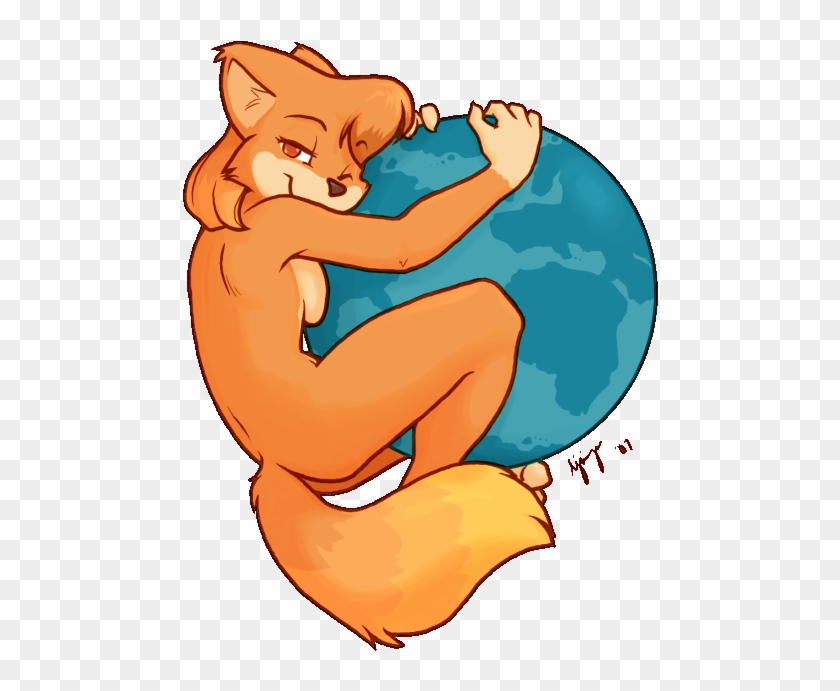Its to accommodate Australians
Ah yes, negative up
The engineer in me loves this.
Australian up
If it’s stupid and it works, it’s not stupid.
Minus confusing the heck out of those that need to read the braille
Or anyone not speaking English as opposed to 🔼🔽
Ah yes, up and upn’t
Works surprisingly well, unless you’re blind.
I looked up braille to see if it would mean something different. The upside P is braille for # but the upside down U doesn’t exist. Also, if visual people can read upside down, I wonder if blind people can as well?
With shorthand, it reads, “# Shall”, which would be much funnier if reversed.
I hear if you’re speed reading in braille you may be missing the point.
Well its up side down
Works better in lowercase.
↑up↑
↓dn↓
Even worse, it’s the upside down up, the source of Vecna’s nightmares.
Ah yes, d∩ and inverted d∩
When my niece was just learning to talk, she hadn’t quite figured out ‘up’ and ‘down’ yet. So when she wanted up, she’d come to you and say “Up!” And when she wanted down again, she’d point down and say “Up!”
Hey this design is compatible not only in the North American and European markets but also fully compatible with the Australian market. Brilliant design for an international product that could be used anywhere in the world!
Very good point. I have never seen an elevator with “NAHORU” and “DOLŮ” buttons in my country, always 🔼/🔽 – to the point, reversible and blind-friendly. Most elevators just have a single, unlabeled “REQUEST” button on the outside, though – most people take stairs so elevator efficiency is not a great concern; you can also see a ▲/▼ symbol on the screen and only press the button when the elevator is in the desired mode. Also, no such buttons inside the elevator, always floor numbers even if there’s just two.
Reminds me of upside down 7up, they called it dnL.
deleted by creator






